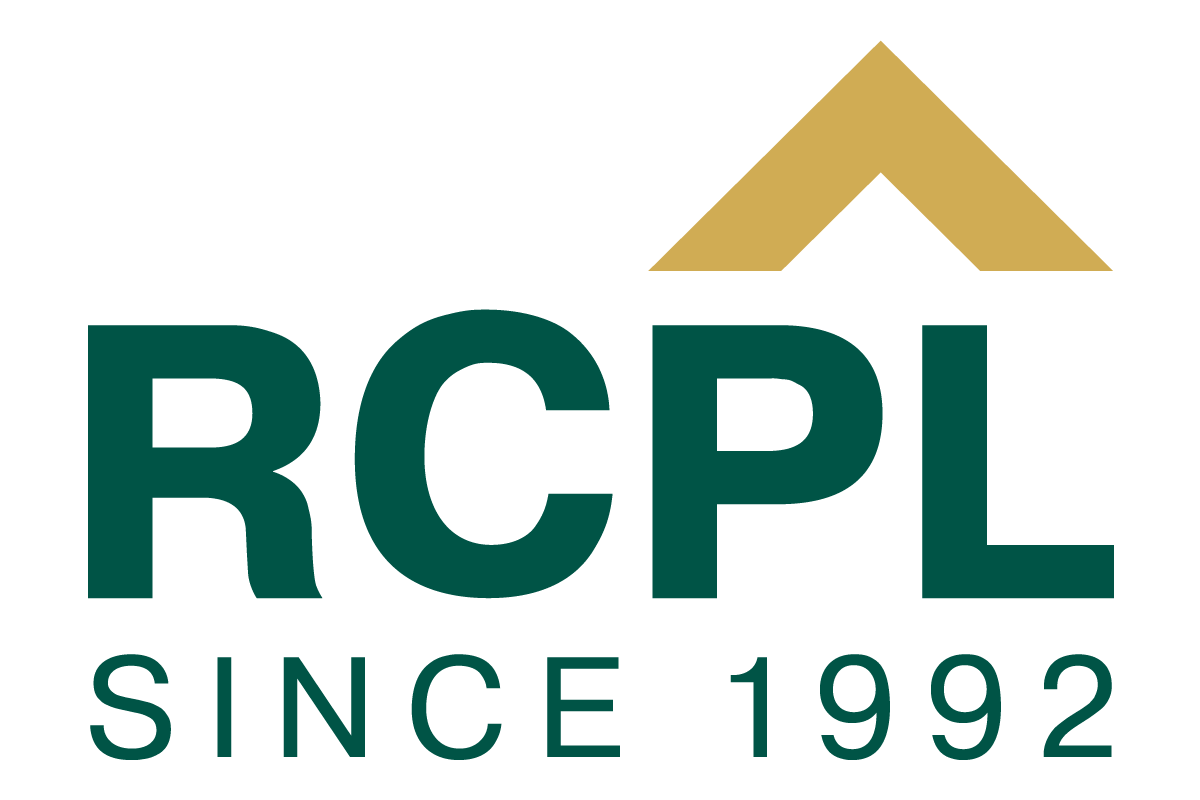.jpg)
.jpg)
Investing in Real Estate Without Buying Property: 5 Proven Methods
For many, real estate is the ultimate wealth-building asset. But what if you could invest in real estate without buying property? Yes, you read that right, you don’t need to own physical real estate to benefit from its lucrative returns. While traditional property ownership comes with responsibilities like maintenance, tenant management, and market fluctuations, alternative investment strategies allow you to reap the rewards without the hassles of ownership.
If you want to diversify your portfolio, earn passive income, or step into real estate investment with lower capital, this guide will walk you through real estate investment strategies that don’t require purchasing a property.
Why Consider Alternative Real Estate Investments?
Real estate has long been a preferred asset class due to its potential for appreciation, rental income, and inflation hedging. However, buying and managing property comes with significant financial commitments and risks. That’s where real estate alternatives come in, offering flexibility, lower capital requirements, and reduced risks while still providing solid returns.
5 Ways to Invest in Real Estate Without Buying Property
1.Real Estate Investment Trusts (REITs)
Earn Like a Landlord Without Owning Property
One of the most accessible ways to invest in real estate is through REITs. These are companies that own, operate, or finance income-generating properties such as office buildings, shopping malls, hotels, and apartments.
Why Invest in REITs?
-
Passive Income – REITs are legally required to distribute at least 90% of their income as dividends, making them an excellent choice for regular income.
-
Diversification – Instead of owning a single property, you get exposure to a portfolio of properties.
-
Liquidity – Unlike physical real estate, REITs are traded on stock exchanges, making it easy to buy and sell.
Types of REITs
-
Equity REITs – Own and manage rental properties.
-
Mortgage REITs – Invest in property loans and mortgage-backed securities.
-
Hybrid REITs – Combine both rental properties and mortgages.
1.Real Estate Crowdfunding
Real estate crowdfunding platforms allow individuals to pool their money with other investors to finance large-scale real estate projects. This real estate investment option has gained popularity due to its accessibility and lower capital requirement.
Benefits of Real Estate Crowdfunding
-
Lower Capital Requirement – Start investing with as little as ₹10,000–₹50,000.
-
Diversified Investments – Invest in commercial, residential, and industrial properties across different locations.
-
Passive Returns – Earn rental income or profit from property appreciation without managing it yourself.
1.Real Estate Mutual Funds
A lesser-known but effective strategy is investing in real estate investment strategies through mutual funds. These funds pool money from investors and invest in REITs, real estate stocks, and property-related businesses.
-
Professional Management – Fund managers handle the investments, reducing your effort.
-
Lower Risk – Unlike direct property investment, you don’t have to worry about tenant issues or property depreciation.
-
Liquidity & Flexibility – Unlike physical real estate, you can redeem your investment whenever needed.
1.Fractional Ownership
With real estate alternatives like fractional ownership, you can own a share of a premium property without buying it entirely. Investors pool funds to purchase high-value commercial or residential real estate and earn rental income proportionate to their investment.
Advantages of Fractional Ownership:
-
Access to Premium Properties – Invest in high-end office spaces, co-living spaces, and retail units.
-
Steady Rental Income – Get a share of rental earnings without managing tenants.
-
Exit Flexibility – Some platforms allow investors to sell their shares in secondary markets.
1.Real Estate Private Equity Funds
For those with a larger investment appetite, real estate investment options like private equity (PE) funds provide access to institutional-level projects. These funds raise capital from accredited investors and deploy it into high-growth real estate ventures.
Why Consider Real Estate PE Funds?
-
Higher Returns – Typically, these funds aim for 15–20% annualized returns.
-
Long-Term Growth – Invest in large-scale infrastructure and commercial projects.
-
Professional Expertise – Managed by experienced real estate professionals.
However, PE funds often have higher minimum investment requirements, usually starting from ₹25–50 lakhs, making them suitable for seasoned investors.
How to Choose the Right Real Estate Investment Option?
With so many real estate investment strategies, how do you decide which one suits you best? Consider these factors
-
Risk Tolerance: REITs and mutual funds are lower risk, while PE funds and crowdfunding involve moderate to high risk.
-
Investment Horizon: If you prefer liquidity, REITs and mutual funds are ideal. For long-term gains, consider fractional ownership or private equity.
-
Capital Availability: Some options require minimal investment, while others demand substantial capital.
-
Income vs. Growth: Are you looking for regular income (REITs, fractional ownership) or long-term appreciation (PE funds, crowdfunding).
Whether you seek passive income, capital appreciation, or diversification, these ways to invest in real estate open doors to lucrative opportunities without requiring you to buy a physical property. At Rajarathnam Constructions, we understand the dynamic nature of real estate investments. With decades of expertise in developing high-quality residential and commercial spaces, we offer investors innovative solutions beyond traditional property ownership.
Explore the future of real estate investment with us at www.rcproperty.in and start building wealth smartly!



